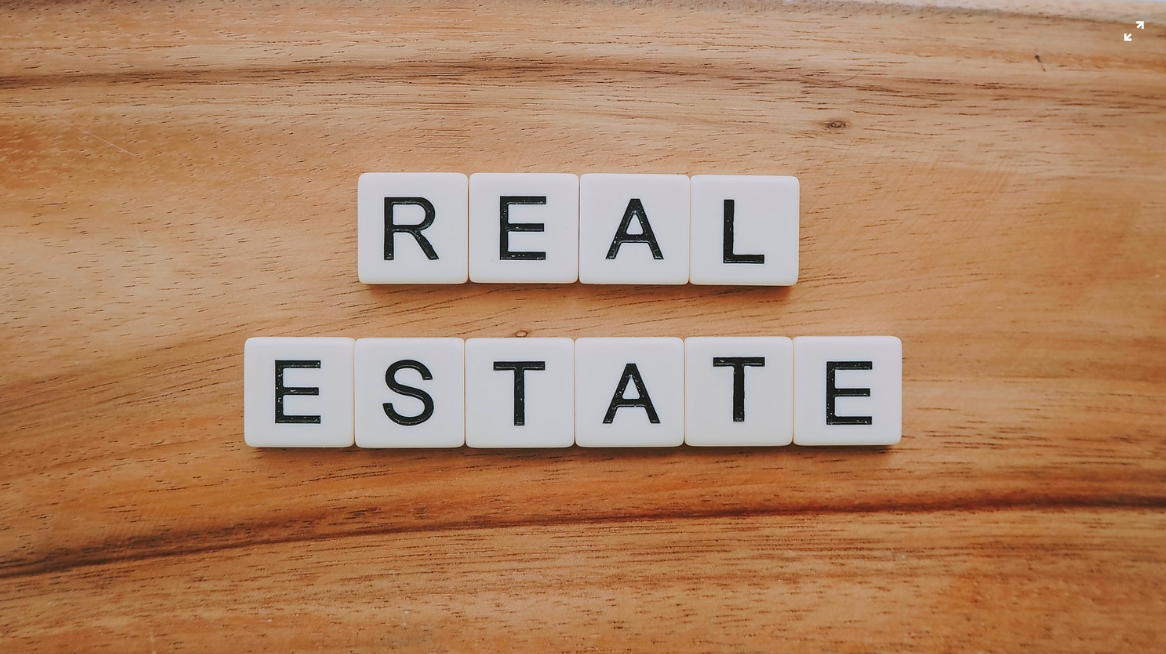Since real estate is constantly evolving, introducing new solutions is essential. Blockchain is such a solution. It was originally created ten years ago to support the cryptocurrency bitcoins, but its scope has increased significantly. Blockchain has led to the creation (and loss) millions of fortunes, the launch of hundreds of new companies, billions of dollars in financing from investors.
In its basic form, the blockchain for the first time allows people and companies to make large transactions without intermediaries. Intermediaries such as the companies for maintenance of credit cards, stock exchanges, banks and governments can make the transaction expensive, slow and illiquid, and can open opportunities for fraud.
Many industries have noted the benefits of using blockchain technologies in their work. One of these industries is the real estate industry. Real estate remains the largest asset class in the world. Simply put, real estate plays a huge role in the world economy.
In the simplest sense, the blockchain is a series of immutable data records with timestamps that are managed by a cluster of computers, not owned by one organization. Each of these data blocks is protected and associated with each other using cryptographic techniques.
Three main properties of the blockchain:
- All the data stored in the blockchain, does not belong to the one object.
- All the data stored in the blockchain, is visible to everyone who is part of a network. Every individual piece of data can be traced back to its origin.
- The immutability. All the data inside the blockchain can’t be altered because of the cryptographic hash functions.
There are also a number of disadvantages of not using the blockchain that can sink the real estate industry:
- access to contracts
- the amount of time it takes to close a contract
- errors in the ownership
- high fee
- fraud
As it was already mentioned, real estate is the largest asset class in the world, and a minimal amount of innovation to improve the efficiency of operations was introduced. The blockchain represents a big opportunity for innovation in the field of real estate and introduces a few utilities, the main of which are:
- Smart Contracts
- Tokenization
Smart Contracts
Smart contracts are automated contracts. They are carried out with specific instructions written into their code that are executed when certain conditions are met. How do they work? If the first set of instructions is executed, then the following function is run, and then the next and continues the repetition until reaching the end of the contract. In addition, remember that smart contracts are created on the blockchain, which makes contracts immutable and transparent (if privacy features are not used).
Advantages of smart contracts:
- work without intermediaries;
- high speed of execution of operations due to the lack of bureaucracy and intermediaries;
- security and fraud protection;
Tokenization
Tokenization democratizes asset ow

 nership, using cryptocurrency to split assets into tokens that are stored on the blockchain. Simply put, a token is a digital representation of a real asset or value. One of the most interesting options for using blockchain technology is that it helps in tokenizing real resources.
nership, using cryptocurrency to split assets into tokens that are stored on the blockchain. Simply put, a token is a digital representation of a real asset or value. One of the most interesting options for using blockchain technology is that it helps in tokenizing real resources.
Tokens in the blockchain are usually divided into three categories:
- Payment Coins. These are “cryptocurrencies” with which we are all familiar. Bitcoin and lightcoin can be used as a currency both inside and outside their platform.
- Utility Tokens. Tokens that perform a specific utility or function on their platforms are called utility tokens.
- Security Tokens. A token that receives its values from an external, traded asset is called a security token. They are subject to federal securities and rules. This is the category that will be used for marking real estate.
Blockchain significantly increases the efficiency of real estate. This technology provides the following benefits: lower cost of processes, increased transparency and irrevocable documentation of processes.



